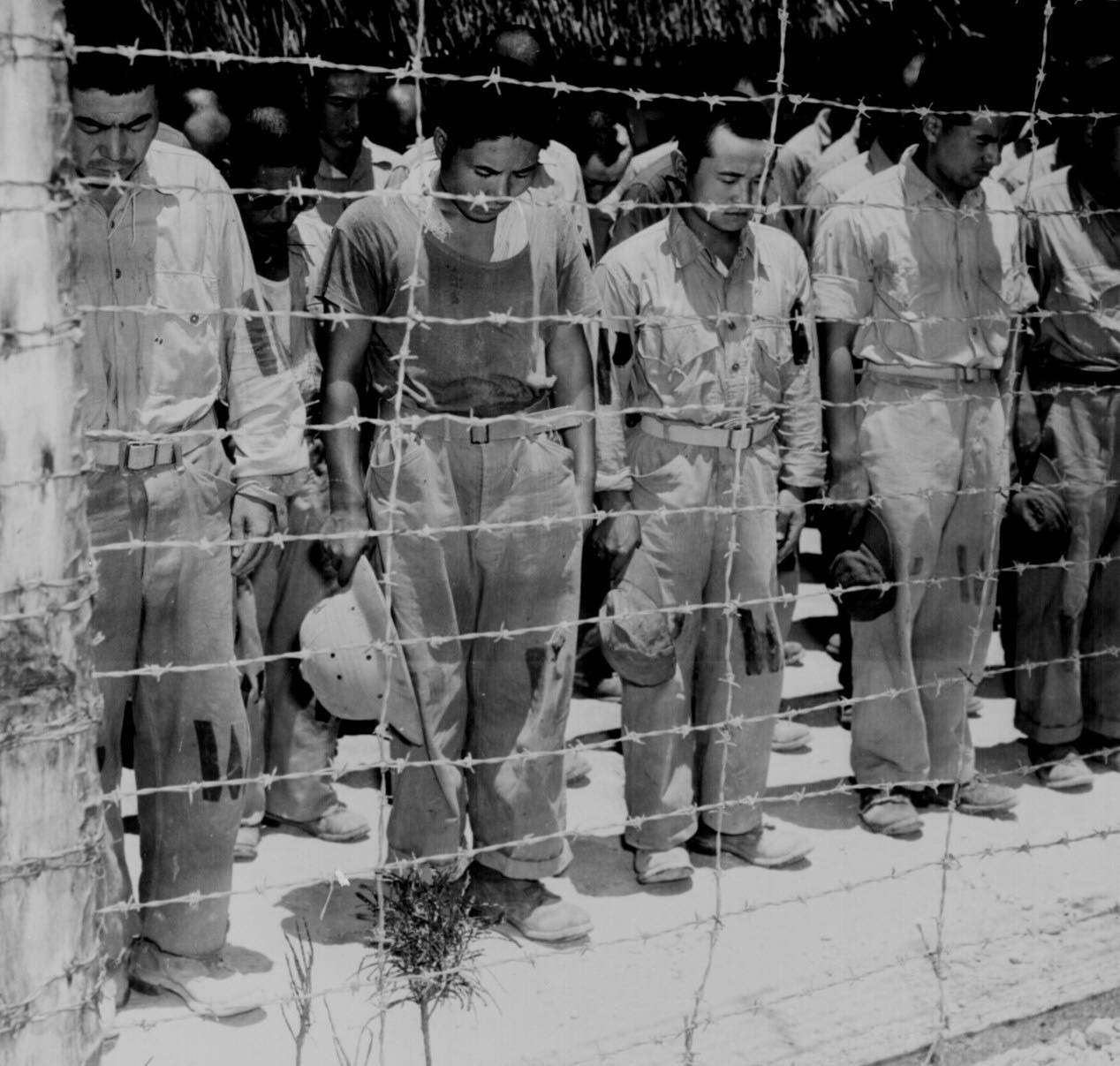Aug. 15 marks the 75th anniversary of the announcement of Japan's surrender to Allied forces in World War II. On this day in 1945, the Japanese population heard the Emperor's voice broadcast over the radio for the first time in history as he resolved the nation to end the war by "enduring the unendurable" and "suffering what is insufferable."
While many know of the Emperor's speech and understand that it initiated the transition to a Japan under occupation forces, fewer will recall just how tenuous the circumstances really were leading to that radio broadcast. Instead, the anniversary of the war's end tends to see a revisiting of the same debates over nuclear weapons, Yasukuni Shrine and lingering historical issues among regional powers.
However, an examination of the circumstances that underwrote the events between the decision to end the war on the morning of Aug. 14 and the broadcast the next day offer another option for reflection and discourse. What happened in the lead-up to Japan's surrender reveals just how complex the situation was even at the end of the war and presents perhaps a few other takeaways for those reflecting on the anniversary this year.



















With your current subscription plan you can comment on stories. However, before writing your first comment, please create a display name in the Profile section of your subscriber account page.